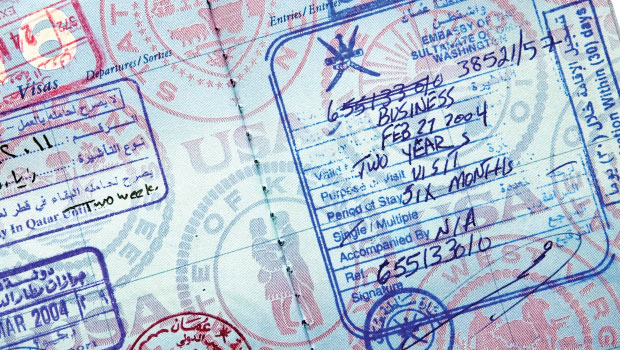
Latest: Fee hike proposal in Oman only for job visa renewal
Muscat: A proposal to revise the visa renewal fee for expatriate workers in Oman has been submitted by a Majlis Al Shura member, aiming at fair practice in fee collection and revenue generation for government, which is struggling due to global oil price dip.
Get your essential daily briefing delivered direct to your email inbox with our e-newsletter
“A proposal to revise the visa renewal fee for expatriates has been submitted. Instead of collecting only OMR200 from expatriates every two year for visa renewal, the proposal is that, the government should go for collecting three per cent of gross salary every month for two years at the time of visa renewal,” Tawfiq Al Lawati, a Majlis Al Shura member, told Times of Oman.
“If we calculate an expatriate’s monthly gross salary as OMR1,000, then his two year salary will be OMR24,000. So, three per cent of it will be OMR720. According to the new proposal, he has to pay OMR720. Meanwhile, an expatriate drawing OMR100 should have to pay only OMR72, instead of the present OMR200. At present, those drawing OMR100 and OMR1,000 monthly gross salary are only paying OMR200 for visa renewal, which is unfair. The move can bring in fair practice and also generate more revenue for the government,” the Shura member added.
Stay ahead of the rest and download our free WhatsNews app for Apple, Android or Blackberry
According to the Shura member, the revision proposed is not a new one and was in practice before 1996 in Oman.
Currently, there are 1,990,294 expatriates in Oman, according to government data and even if we calculate OMR200 as visa renewal fee per person, it would amount up to OMR398,058,800, as many leave Oman without renewing their visa to continue their stay after the two-year term.
Meanwhile, an Indian expatriate said that this would eventually affect expatriate workers in Oman.
“Companies may not bear the extra cost. They may pass it on to expatriate worker,” Shameer PTK, the Indian expatriate worker, said.
“However, for a low-earning expatriate worker, this would be fine. But for those who have hefty package will be in trouble as companies may become reluctant to afford the visa fee,” Shameer added.
At present, majority of the companies pay the visa renewal fee for their expatriate workers without collecting it from the workers.
Mohammed Al Khaldi, a trade unionist in Oman, said that these kind of moves should be carried out with proper study.
“Any kind of move which causes extra burden to migrant workers should be carried out only after proper study. Government should not put expatriate workers in more trouble,” Mohammed added.
Tonia Gray, general manager at Competence HR, said that during the current economic difficulties whilst it is understandable that the government may seek ways to increase revenues, consideration should be given to the impact such a change would have on the private sector when the primary objective is to diversify. Such a move would be detrimental, particularly to sectors operating on tight margins eg construction and retail or to small businesses.
Oman has adopted several austerity measures to shore up revenue to cushion the budget deficit caused due to oil price dip.
A special panel has also been set up in the Shura to look into measures to overcome the economy crisis.
Oman’s new budget projects OMR3.3 billion in deficit spending for 2016, which it says, it will try to reduce by improving the non-oil revenues as well as cutting expenditure. Oman posted a budget deficit of OMR4.5 billion in 2015 as revenues declined by more than 50 per cent.
Official statistics show that Oman lost $14 billion worth of revenues in 2015 compared to a year earlier due to low oil prices.